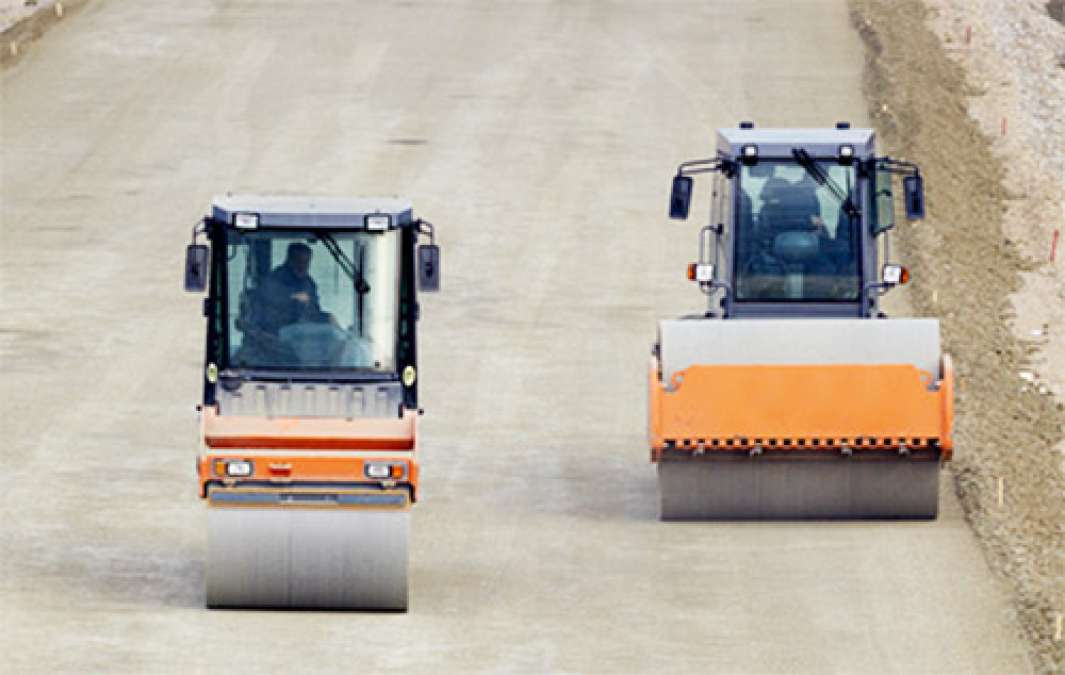In the emerging nations of the world, auto accidents will soon be the leading cause of death or disability for children five and above, if the projections of the World Health Organization are correct.
In the low to middle income parts of Africa, Latin America and Asia, over 260,000 children die on the roads every year, with another million experiencing life-changing injuries.
Just over one year ago the UN Road Safety Collaboration announced a Global Plan for the Decade of Action for Road Safety 2011-2020, including an overall framework for efforts to take place during the 20-teens.
The primary goals of the program are building road safety management capacity; improving the safety of road infrastructure and broader transportation networks; furthering the safety of vehicles; enhancing the behavior of drivers; and improving post-crash or trauma care.
Global Road Technology (GRT) is an Australian firm that has learned to build stable roads in the dusty, forbidding terrain of The Outback. They applaud their country’s recent $6.2 million donation to the World Bank Global Road Safety Fund and stands ready to assist those anywhere in the world with problematic roads to build and maintain.
"GRT recognizes the road injury crisis as a major humanitarian catastrophe, and pledges to continue to support the United Nations' worthy cause,” said GRT Managing Director Troy Adams. “It's great news to hear Australia, as a whole, is getting behind this initiative too, and was one of the co-sponsors of the resolution for the Decade of Action for Road Safety by the United Nations General Assembly in 2010."
The time required by Global Road Technology to build a road is less than a conventional road, saving considerable resources, materials, money and water. GRT uses products capable of quick application, with a skilled crew laying a kilometer a day, cutting the time from planning to a finished roadway to a few days.
"The focus is on programs that rethink the relationship between people and roads and we are proud to be able to provide innovative solutions, on a global scale, to improve the safety of citizens and communities everywhere," Adams added. "Global Road Technology uses innovative road stabilizing technology that is significantly cheaper, greener and longer lasting than conventional road building methods."
The firm’s primary focus in on unpaved industrial roads and their products are polymer and bio-polymer based to mitigate the generation of dust as vehicles travel them, including heavy industrial haulers.
The products can be applied and combined into clay, silt, sand and gravel. From continent to continent and country to country, surfaces and soil types differ, but GRT claims to have a solution for all ground surfaces.
The products have been tested by some of the world's most respected laboratories and are certified environmentally non-toxic. Their methods are applicable to haulage roads, tarmacs, hardstand areas, water repellent pavements with dust suppression, as well as soil and ground stabilization.
The potential value is hard to measure because of the importance of mining to the economies of non-industrialized nations is paramount.
"The dust from unsealed or unstable road can cause major problems with hauler trucks driving over it 24 hours a day, Adams said. "Many mining companies will have two teams, working 12 to 24 hours a day, using water trucks, a grader, and a roller in order to keep roads stabilized and free of dust. This can cost mining companies $1 million in labor costs over 12 months and that's not including the ongoing maintenance and machinery costs."
Though mining may be the true meal ticket for the Global Road Technology, it is not their only goal in their work. Their process is inexpensive and applicable to almost all rural roads in developing countries.
As much as possible, they work with local experts – surveyors, geologists, civil engineers and industry consultants ¬ making sure they have the right technicians and staff on site, providing jobs to the community and fast, reliable work to the contracting firm or organization.
"It's our goal to keep industries moving, create better roads for rural communities and safer road infrastructure in low to middle-income countries."





